Early Years Foundation Stage Unit
Early Years Foundation Stage Unit
Welcome to our FSU
Our Foundation Unit is a place full of wonder, curiosity and creativity. The children in our care feel highly valued and are cared for by staff who wholeheartedly believe in their potential and incredible capabilities. Our staff are thoughtful, reflective, and work extremely effectively as a team.
Our approach is inspired by the Preschools of Reggio Emilia and Scandinavian Forest Schools. A great deal of thought is put into creating beautiful spaces for the children, with an emphasis on the joy and benefits that flow from spending plenty of time outdoors.
Our fundamental belief is that children are competent, powerful individuals who are full of potential. We respect the children’s choices, encouraging them to be curious and questioning. The children’s views are at the centre of the work we do. Children are valued, respected, and empowered, understanding that their voice matters. We value the contribution of every child and celebrate the richness that diversity in all forms brings.
We ensure that the children in our care are given plenty of time and space to conduct their own investigations and research, in an environment which is inspiring and rich in possibilities. We believe in nurturing strong, respectful, collaborative relationships within our school community and beyond.
We are a community of learners; our staff act as co-constructors in the children’s learning; sharing their curiosity and offering them all that they need to further their investigations and deepen their understanding of the world around them.
Our strong belief that the environment acts as the third teacher motivates us to ensure that all our spaces are constantly evolving to reflect the ever-changing interests of the children. This is equally true of our outdoor provision.

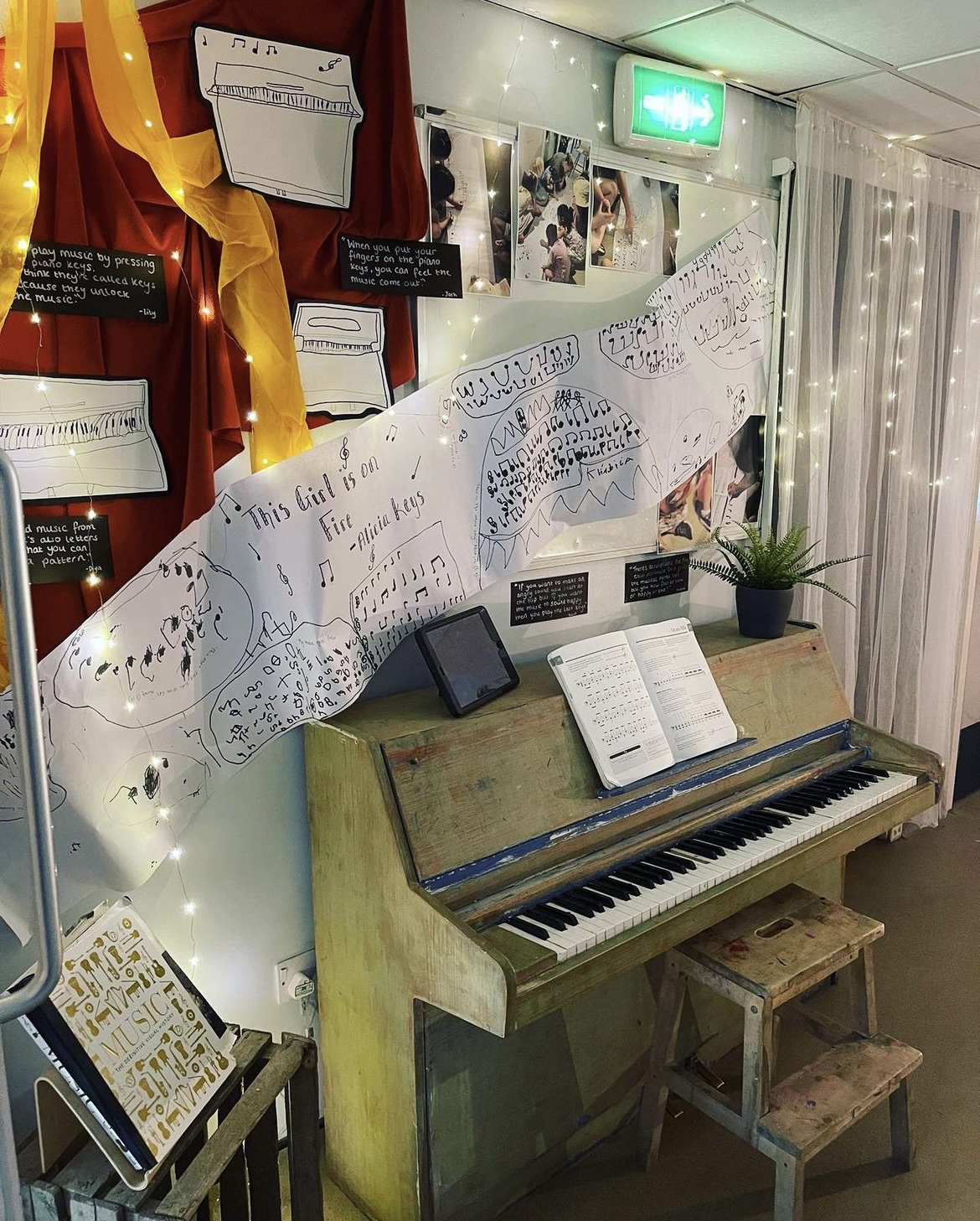
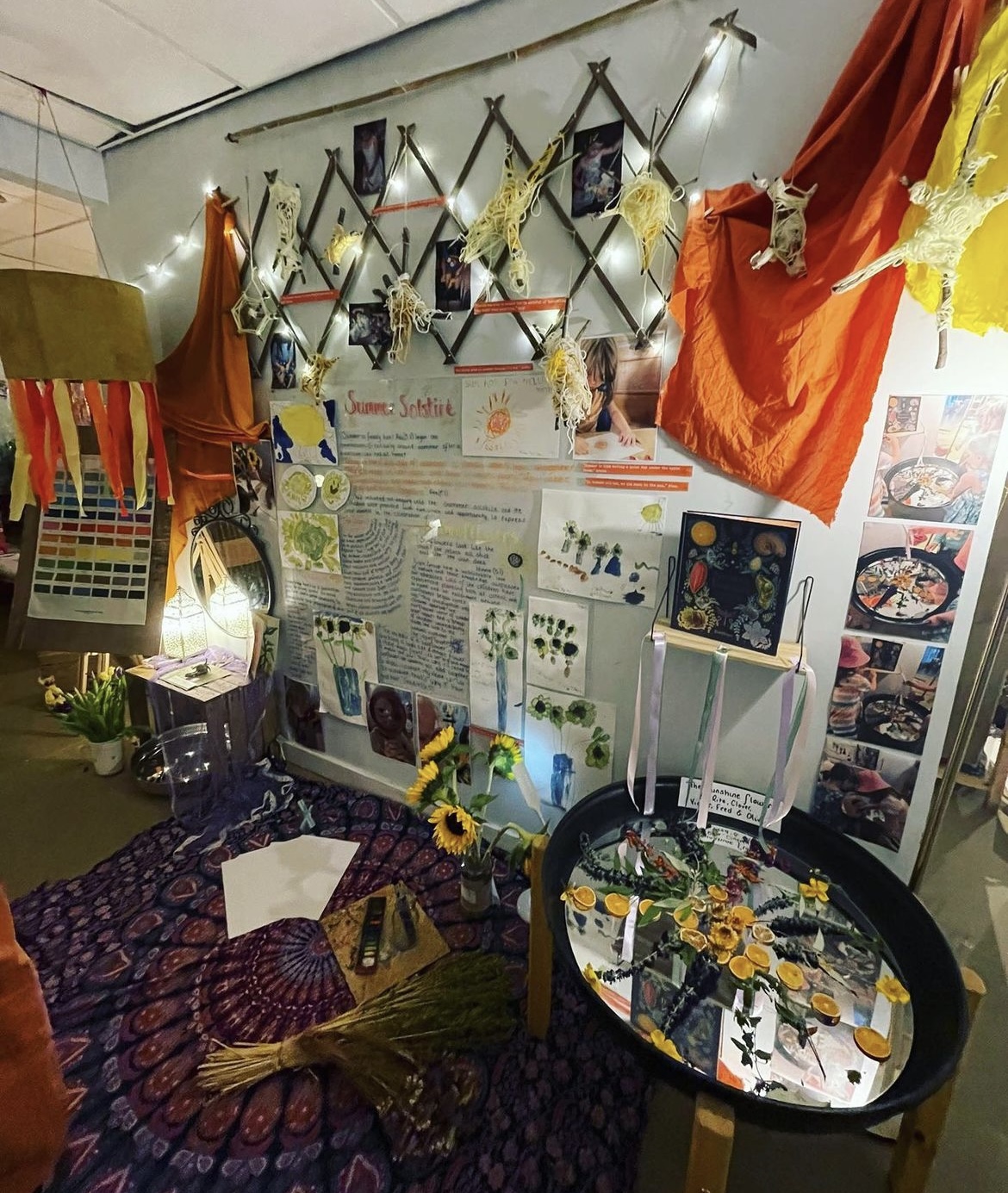
You can find out more and follow our Early Years adventures on Instagram @ourfoundationstage_mwp
Implementation
Inside our Magical Spaces
Carefully designed spaces inside offer the children inspiring places in which to explore their interests.
The nursery and reception children play together in our shared spaces, each child belonging to a colour group and in turn to a smaller family group made up of both nursery and reception children. Each child has a key worker as part of their family group who will be with them throughout their Foundation Stage journey. The children have twice daily family group meetings to share their ideas and plan their play. There is an emphasis within the family groups on developing meaningful relationships, as we know that having strong relational connections is crucial for young children. To be able to learn they need to feel safe and secure. Staff constantly observe, document and reflect. There is an ongoing dialogue between the children and educators throughout.
Each colour group space is carefully designed by the Educators to offer different creative play provision. The children are presented with inspiring provocations within the spaces to spark curiosity and wonder. During the day the children move freely around the Foundation unit which ensures they can access the resources they need to further their enquiries.
The Garden Room
The Garden Room is designed to bring the outdoors in, offering a natural and stimulating environment for children to explore and engage with their surroundings. A large water tray serves as the centrepiece for water play, where children can investigate various elements of movement, volume, and sensory exploration. The loose parts section encourages hands-on interaction with nature, allowing children to engage in open-ended play and discovery. Additionally, the parallel painting space fosters creativity, enabling children to express their ideas and interests through paint, while encouraging self-expression and artistic development.
The Snug
The Snug is a warm, inviting space designed to spark imaginative play and creativity. It features a cosy den-making area equipped with loose parts and small-world materials, encouraging children to engage in open-ended, imaginative play scenarios. A large dressing-up area provides opportunities for role play and storytelling, where children can take on different roles, enhancing both their language and social skills. Additionally, the making area allows children to further explore their creativity, offering materials for crafting and building, supporting fine motor development and self-expression.
The Studio
The Studio is a vibrant space that encourages movement, music, and dance, offering children the opportunity to express themselves both physically and creatively. It features a variety of musical instruments, allowing children to explore sound, rhythm, and melody. Through hands-on play with instruments such as drums, tambourines, and xylophones, children can experiment with making music, fostering their auditory skills and sense of rhythm. This exploration of sound also supports cognitive development as children learn to recognise patterns and sequences in music. In addition to the musical elements, the Studio includes a well-equipped home corner with a working cooking area, where children can engage in role play and explore everyday tasks in a realistic setting. This area helps to develop social skills, cooperation, and an understanding of daily life activities, while promoting imaginative play and communication.
The Discovery Room
The Discovery Room offers a rich environment for hands-on exploration and learning. It features a large construction area where children can engage in building and problem-solving activities, using a range of materials to develop their fine motor skills and spatial awareness. This space also encourages collaboration, as children work together to design and construct various structures. In addition to the construction area, the room includes a sand area, where children can explore sensory play and experiment with concepts such as texture, volume, and cause-and-effect. The Discovery Room supports active learning, allowing children to investigate and engage in purposeful play.
The Atelier
The Atelier is a beautifully designed, inspiring art space where children can explore a wide range of artistic mediums. Equipped with a variety of materials, from paints and clay to textiles and natural resources, it encourages children to experiment with different forms of art. This space fosters the development of fine motor skills, visual thinking, and self-expression as children engage in drawing, painting, sculpting, and more. The Atelier promotes an open-ended approach to learning, where children can follow their interests and ideas, developing their confidence and appreciation for art in all its forms.
The Great Outdoors
The children spend a considerable amount of time in our large outdoor area. We are fortunate to have an area of woodland with climbing trees, a fire pit and pond. We maintain a polytunnel for growing flowers, fruit and vegetables, a woodwork workshop, a water pump and large sand pit.
We continuously reflect on the challenges offered by our outdoor space, ensuring the children have many opportunities to hone their physical skills; climbing trees, balancing on the slack line and swinging from the tyre swings and hammocks. We celebrate the gifts that nature provides to further the children’s learning across the whole curriculum.
We regularly cook on the fire which offers the children an authentic experience and deepens their understanding of these fundamental processes. The children collect wood for the fire; harvest seasonal vegetables from our polytunnel and reuse the saved charcoal from the fire in their artwork.
The children visit a local forest which is a short walk from school on a weekly basis. We recognise the importance of the children feeling connected to the natural world. They are observant of the local community as they walk to and from the forest and feel connected to the environment around them. We regularly take the children on other trips to explore their local community: visiting the parks, museums, and galleries that our city offers.
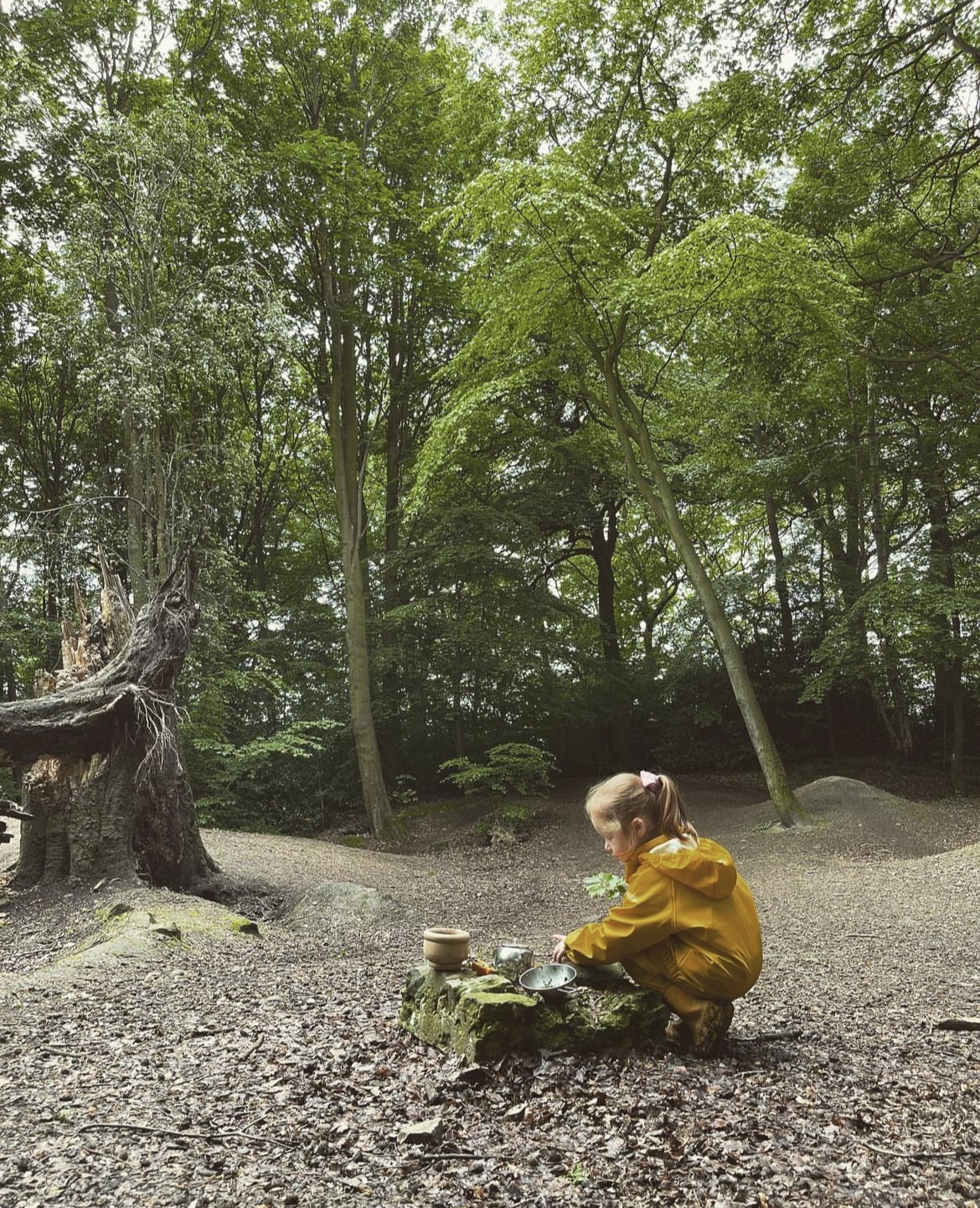

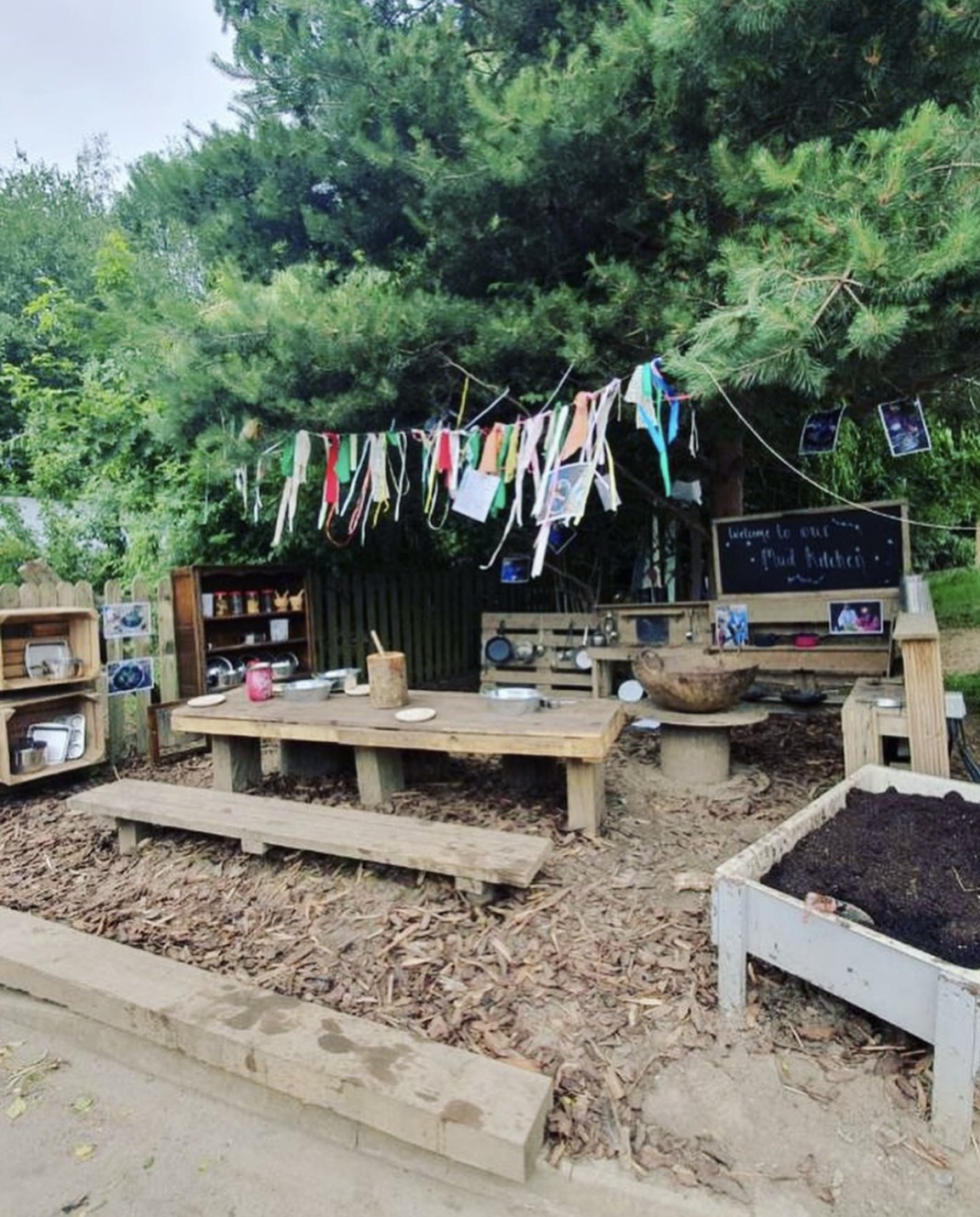
Key skills in reading, writing and mathematics
We teach the children all of the key skills they need to develop a love of learning in reading, writing and maths. We use FFT Success for All phonics scheme and Maths No Problem for our Reception children; our nursery children engage in small pre-planned phonics and maths sessions built around our curriculum.
The children meet daily within their colour groups for discreet phonics sessions and three times weekly for discreet maths sessions to ensure that skills and concepts are taught. These concepts are then practised independently by the children in their play and research in a meaningful context. We ensure we have a literacy-rich curriculum that supports the children to become enthusiastic and confident readers and writers, and an environment which offers plenty of opportunity to use their mathematical skills.
Projects
The children work on projects throughout the academic year. They gather weekly for project meetings to share their thoughts, theories and ideas. The quality of research, and indeed of the work produced, is phenomenal. We feel passionate about the importance of working with children in this unique way and the benefits this brings in terms of collaboration and creative thinking.
The project work always culminates in a ‘grand finale’ which usually involves the children presenting their work to their families. Previous years have seen the children hire a local cinema to screen their own film, organise a demonstration in the city centre in support of Refugees in our city, and curate their own ‘Museum of home’ exhibiting their precious belongings.
Creativity
The children are encouraged to express themselves creatively in every area of our provision. The children develop their artistic skills, for instance drawing, painting, sculpting, printing, using collage and animation, which they are able to apply in other areas of their learning. We also place emphasis on music throughout the setting ensuring that all children are offered the time, space and support they need to explore their creativity through song, instruments and movement.
Food
We are a vegetarian setting. The children share a healthy lunch together around beautifully set tables, with cotton tablecloths and fresh flowers. We place a high value on the social experience of sharing food together.
Connections with Home
The families of the children are highly valued and actively welcomed into the setting. Before any child joins our unit, we visit them in their own homes.
The reception children and their families are invited to a BBQ in our beautiful garden the summer before they start school with us. The children can explore the setting with their families in a great celebration of the start of their reception year.
We hold regular “Stay and…” sessions. This year families have joined us for ‘Stay and Sketch’, ‘Stay and Sew’, ‘Stay and Salsa’ and ‘Stay and Squeeze’ (juice making!). These events are joyful and the children delight in helping to prepare and welcome their families.
Regular parent partnership meetings are held throughout the year to discuss the children’s progress. We also communicate with parents via our online portals ‘Famly’ and ‘Seesaw’.
Impact
What impact does this approach have on the children?
The children make great progress and leave us for Year One full of self-belief, confident in their own abilities, resilient and independent. They are extremely well-equipped to succeed in the next stage of their learning journey.
This child-centred, experiential approach has a transformative impact on the children as they progress through the early years setting. By providing opportunities for hands-on, play-based learning, we foster an environment where children feel safe to explore, take risks, and express themselves creatively. This empowerment builds a strong foundation of self-belief, as children see the tangible outcomes of their efforts and realise their potential to create, solve problems, and make decisions independently.
The emphasis on collaborative, social experiences also play a critical role in developing confidence. When children work together to plan projects, share materials, or solve challenges, they learn to communicate effectively, listen to others, and value different perspectives. This boosts their self-assurance, helping them to feel capable and competent in group settings. They learn that mistakes are part of the learning process and that perseverance leads to success, which is a crucial mindset for overcoming challenges in Year One and beyond.
Moreover, this approach nurtures independence, as children are given the freedom to make choices and direct their own learning experiences. They are encouraged to experiment, ask questions, and seek solutions on their own, which enhances their problem-solving skills and critical thinking. By the time they transition to Year One, they have developed a strong sense of agency and the ability to manage tasks with minimal guidance.
Overall, this holistic learning environment equips children with the skills, confidence, and mindset needed to thrive in the next stage of their educational journey. They leave us not only with a solid foundation in early literacy and numeracy but also with the social-emotional competencies and self-efficacy that are essential for lifelong learning. These children are prepared to engage actively in Year One, ready to embrace new challenges with curiosity, confidence, and a positive attitude toward learning.
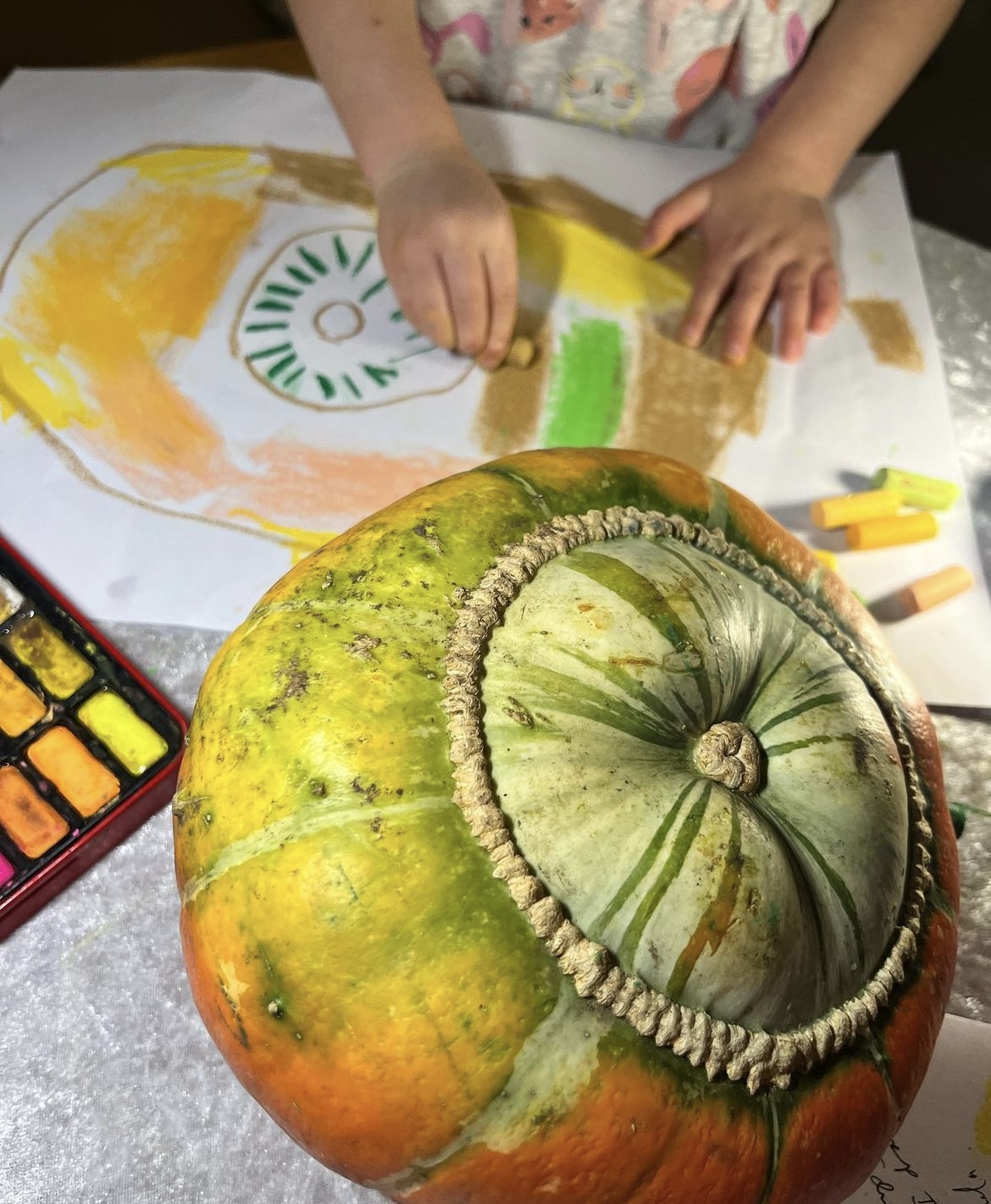
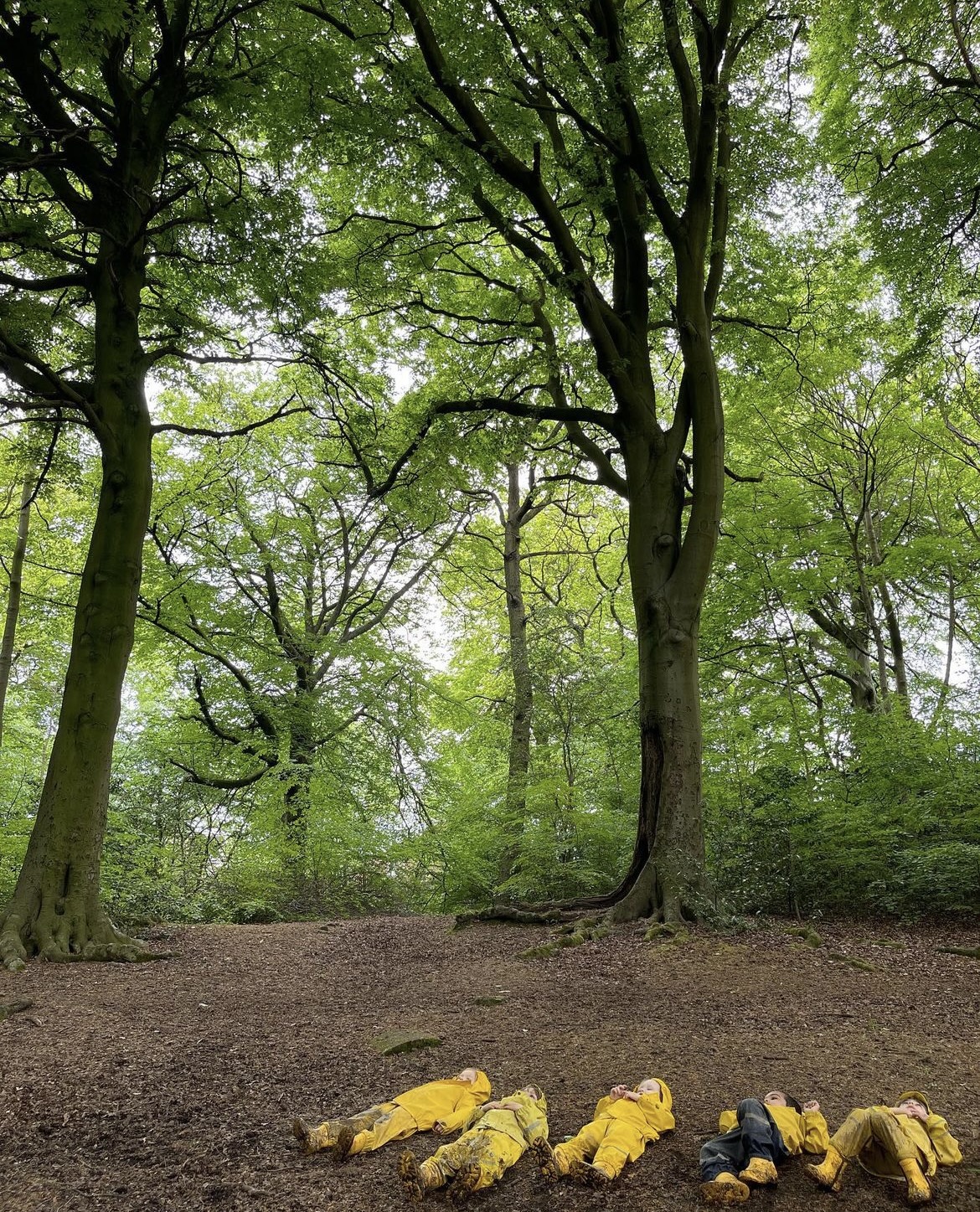
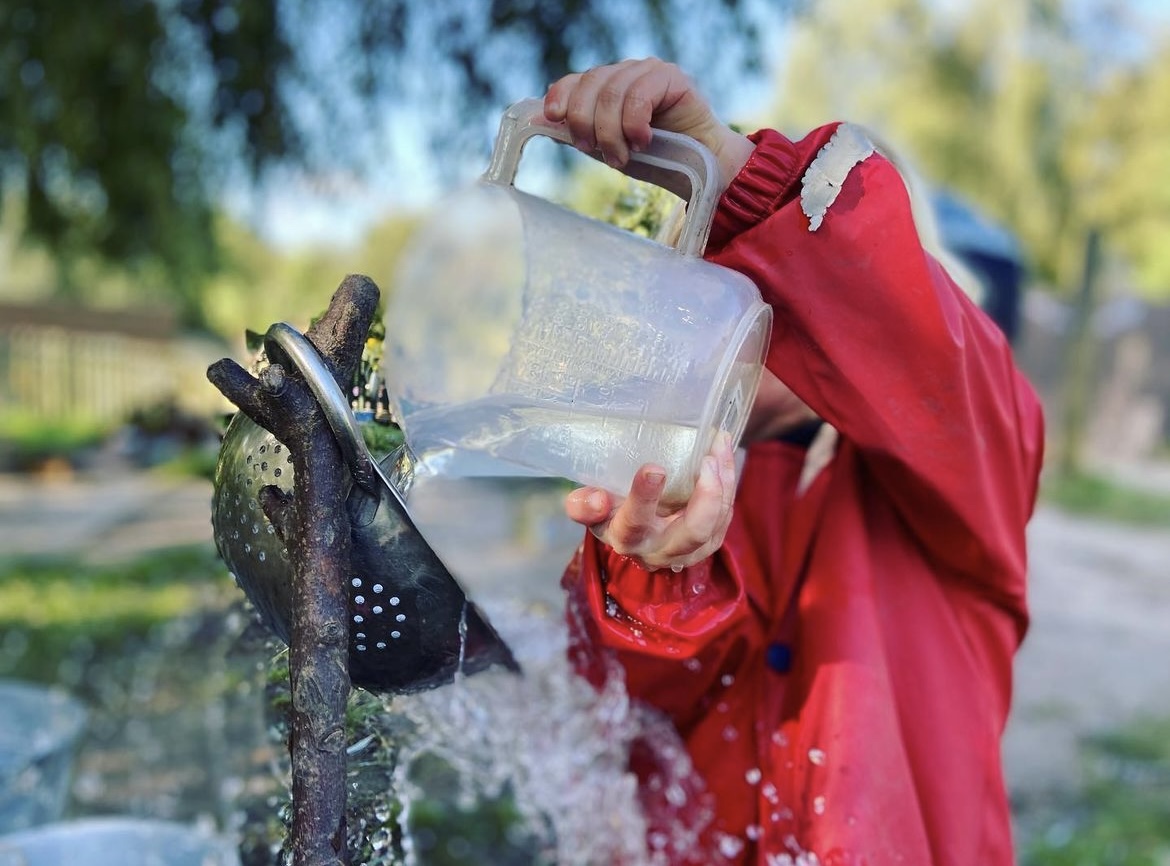
Get In Touch
- Carr Manor Road,
Leeds,
LS17 5DJ - 0113 268 9160
- office@manorwood.owlcotesmat.org

